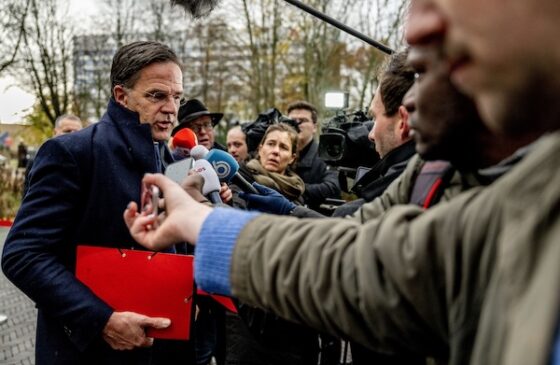Dutch slavery apology under fire as criticism about timing grows


It remains unclear when the Dutch government will apologise for the Netherlands’ slavery past following prime minister Mark Rutte’s meeting with Surinamese and Caribbean community groups on Thursday.
Campaigners say the government’s chosen date of December 19 is inappropriate and would prefer July 1 next year, which marks 150 years since slavery was actually abolished in the Netherlands.
Last month it emerged that the cabinet had picked December 19 as the date and that apologies would be made by ministers in the Netherlands and in Suriname and the six Caribbean islands.
In particular there is opposition to the choice of legal protection minister Franc Weerwind to make the formal apology in Suriname, given he has roots in the South American country and is the descendant of enslaved people himself.
On Thursday Rutte and other ministers spoke with members of slavery committees from the former colonies about the plans. All Rutte would say after the meeting is that December 19 will remain a ‘significant moment’ but declined to go into further details.
Meanwhile, a number of other community groups said on Friday they planned to go to court to take out an injunction against the government to stop it making an apology on December 19. They told Trouw that the preparations so far show a lack of care and will damage the the interests of the descendants of enslaved people.
‘The Surinamese community is very diverse and my clients believe you can only apologise once,’ said lawyer Joancy Breeveld. ‘That should be done in a careful and considered way. Now it feels as if we are again being faced with white people telling black people what should happen.’
Thank you for donating to DutchNews.nl.
We could not provide the Dutch News service, and keep it free of charge, without the generous support of our readers. Your donations allow us to report on issues you tell us matter, and provide you with a summary of the most important Dutch news each day.
Make a donation